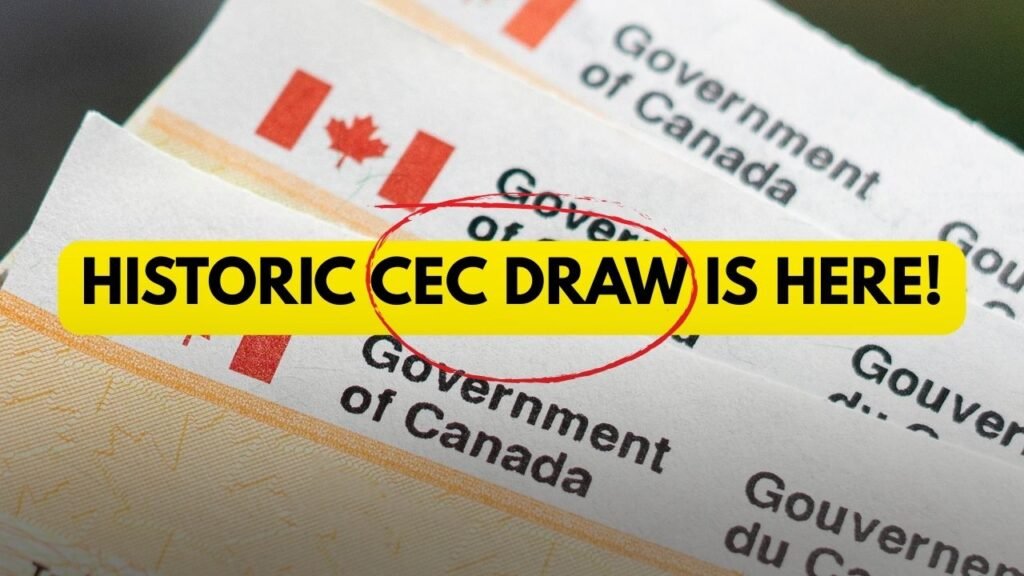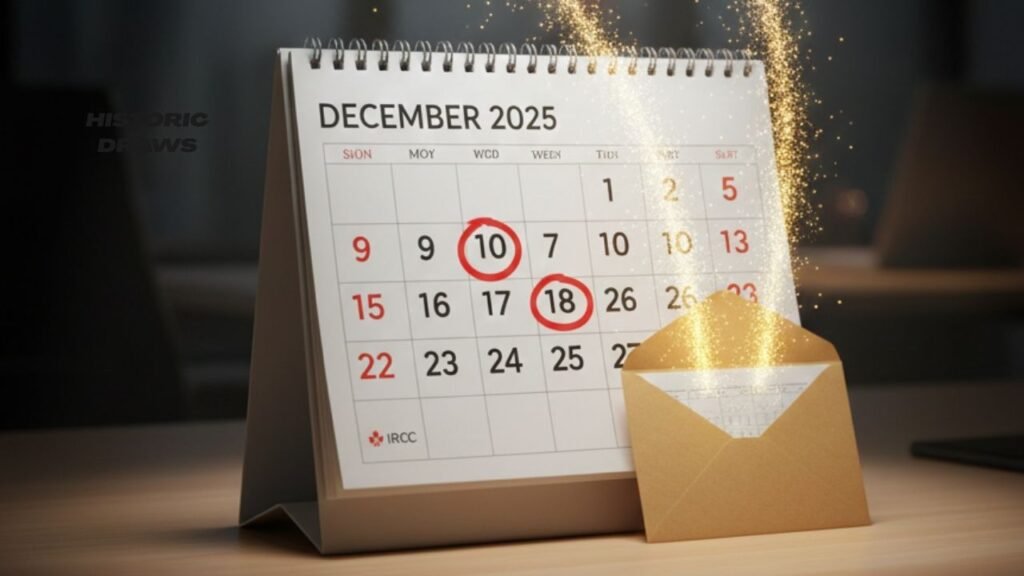Indian student visa refusals in 2025 have increased due to stricter immigration rules, higher scrutiny by IRCC, and growing concerns over fraudulent applications. Many students are struggling with study abroad visa delays and rejection reasons, impacting Canada student visa approval chances for Indian applicants.
Introduction
In recent years, Canada has become one of the top destinations for Indian students pursuing higher education. However, 2025 has brought new challenges as Indian student visa refusals 2025 are on the rise. Thousands of applicants are finding it harder to secure approvals, even after meeting academic and financial requirements.
This article explores why refusal rates are climbing, the role of IRCC decisions, common rejection reasons, and how students can improve their chances of approval.
What Is Driving Indian Student Visa Refusals in 2025?
The increase in visa refusals isn’t random—it’s tied to evolving immigration rules for Indian students and a cautious approach by Canadian authorities. According to recent reports, the student visa refusal rate 2025 has reached higher levels compared to previous years.
Key factors include:
- Stricter financial documentation requirements.
- More detailed background checks by IRCC.
- Concerns about non-genuine study intentions.
- Rising cases of fraudulent admissions consultants.
Common Canada Study Visa Rejection Reasons
Every year, thousands of applicants face rejection because of recurring issues flagged by visa officers. In 2025, the most cited Canada study visa rejection reasons include:
- Insufficient financial proof – Not showing adequate funds to cover tuition and living expenses.
- Weak study plan – Poorly written statements of purpose that don’t align studies with future goals.
- Academic inconsistencies – Gaps in education or low grades without proper explanation.
- Fraudulent documents – Increasing cases of fake offer letters have made IRCC more cautious.
- Concerns about intent – Officers suspecting students plan to use study visas for permanent residency instead of education.
Why Is the Student Visa Refusal Rate So High in 2025?
The student visa refusal rate 2025 is being shaped by both domestic and international factors. With a record number of applicants from India, Canadian institutions are struggling with capacity. Meanwhile, IRCC has adopted a more cautious stance.
Some reasons include:
- Overcrowded applications: Canada saw more than 400,000 applications from India last year, straining the system.
- Policy changes: New guidelines restrict students from enrolling in programs unrelated to prior education.
- Regional impact: Provinces like Ontario and British Columbia, already facing housing and job shortages, have pushed for stricter approval caps.
How IRCC Visa Decisions Affect Indian Students
The role of IRCC cannot be overlooked. IRCC visa decisions for students in 2025 are influenced by broader Canadian immigration goals. Canada wants to balance its labor market needs, housing crisis, and genuine student inflows.
- Increased document scrutiny – Every financial, academic, and identity document is now thoroughly verified.
- Backlog pressures – Pending cases from 2023–2024 have created longer study abroad visa delays 2025.
- New metrics for approval – Officers are considering employment prospects, field of study, and program credibility more heavily.
Indian Students Facing Visa Issues: Real Concerns
For many families in India, studying in Canada represents a life-changing opportunity. But in 2025, Indian students facing visa issues are reporting major setbacks such as:
- Delayed intakes due to prolonged processing.
- Rejections even after meeting minimum requirements.
- Emotional and financial strain after repeated refusals.
These hurdles make it more important than ever for students to prepare thoroughly before submitting an application.
What Are the Canada Student Visa Approval Chances in 2025?
While rejection rates are high, many Indian students still succeed in securing approvals. Canada student visa approval chances depend on several factors, including:
- Strength of academic background.
- Relevance of chosen program.
- Transparent financial documentation.
- Clear and goal-oriented statement of purpose.
By addressing these areas, applicants can significantly improve their odds despite the high student visa refusal Canada trends.
Immigration Rules for Indian Students: What Changed in 2025?
The Canadian government introduced several updates in 2025 to regulate the influx of students. These immigration rules for Indian students include:
- Stricter checks on Designated Learning Institutions (DLIs).
- Requirement for higher proof of funds in provinces like Ontario and Alberta.
- Rules preventing frequent course changes after arrival.
- Limited post-graduation work permits for short-term programs.
Such regulations are reshaping how Indian students approach their study abroad journey.
How to Reduce the Risk of Student Visa Refusal Canada
If you’re applying in 2025, here are practical steps to minimize risks of rejection:
- Double-check financial documents – Ensure funds cover tuition and living expenses clearly.
- Strengthen your SOP – Clearly explain why your program matches your background and future goals.
- Avoid fraudulent agents – Work only with trusted consultants.
- Apply early – Mitigate the impact of study abroad visa delays 2025 by submitting applications months in advance.
- Stay updated on IRCC rules – Monitor official announcements to adapt your application strategy.
FAQs About Indian Student Visa Refusals 2025
Q1: Why are Indian student visa refusals increasing in Canada?
Because of stricter immigration rules, rising fraudulent applications, and housing/job pressures in Canada.
Q2: How can I improve my Canada student visa approval chances?
By providing strong financial proof, writing a convincing SOP, and applying early to avoid processing delays.
Q3: Is the student visa refusal rate 2025 higher than in previous years?
Yes, the rate has risen due to IRCC’s cautious stance and record-high application numbers.
Q4: Do immigration rules for Indian students differ by province?
Yes. Provinces like Ontario and British Columbia are implementing stricter policies due to high student inflows.
Conclusion
The rise in Indian student visa refusals 2025 highlights how crucial it is for applicants to understand updated rules, prepare solid documentation, and avoid common mistakes. While the process is more competitive, success is still possible with the right approach.
At Yoke Immigration, we specialize in guiding students through complex application processes, ensuring they maximize their approval chances despite new challenges.











